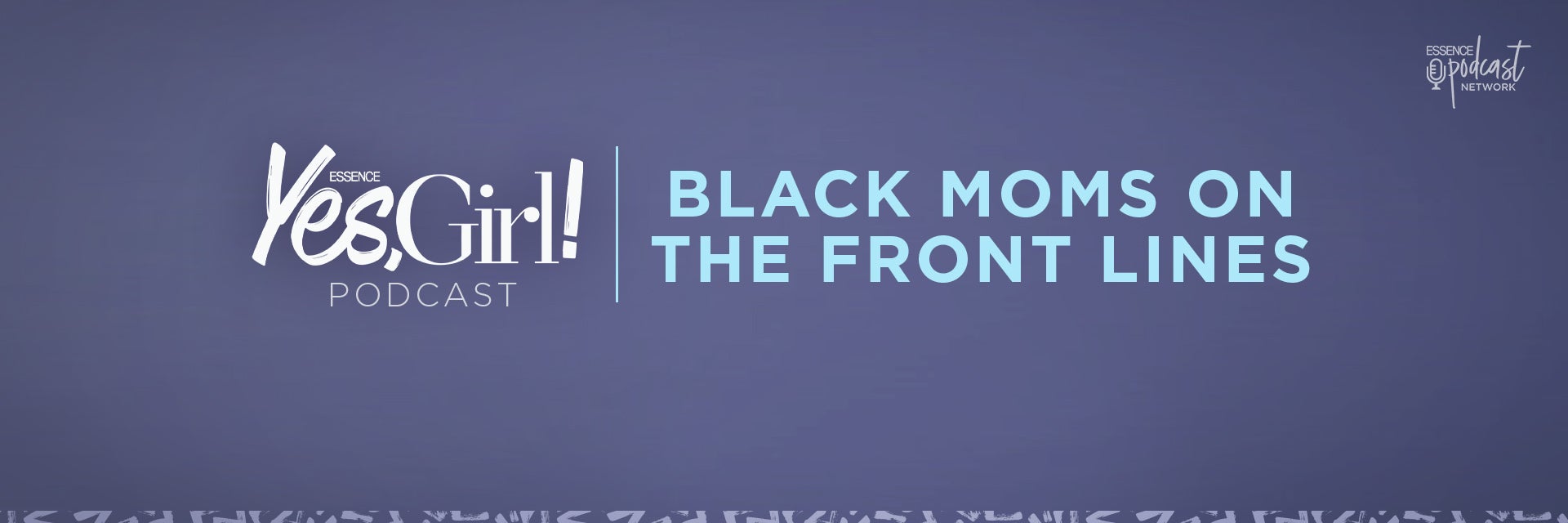Mother’s Day has passed, but at ESSENCE we’re celebrating Black moms in a big way all month long. To pay tribute to the brave moms out there taking care of not just their own families, but ours too, Yes, Girl! podcast presents Black Moms On The Front Lines, a series highlighting incredible women on the front lines.
Up first, hosts Charli Penn and Cori Murray sat down with New York City twin doctors Uché and Oni Blackstock.
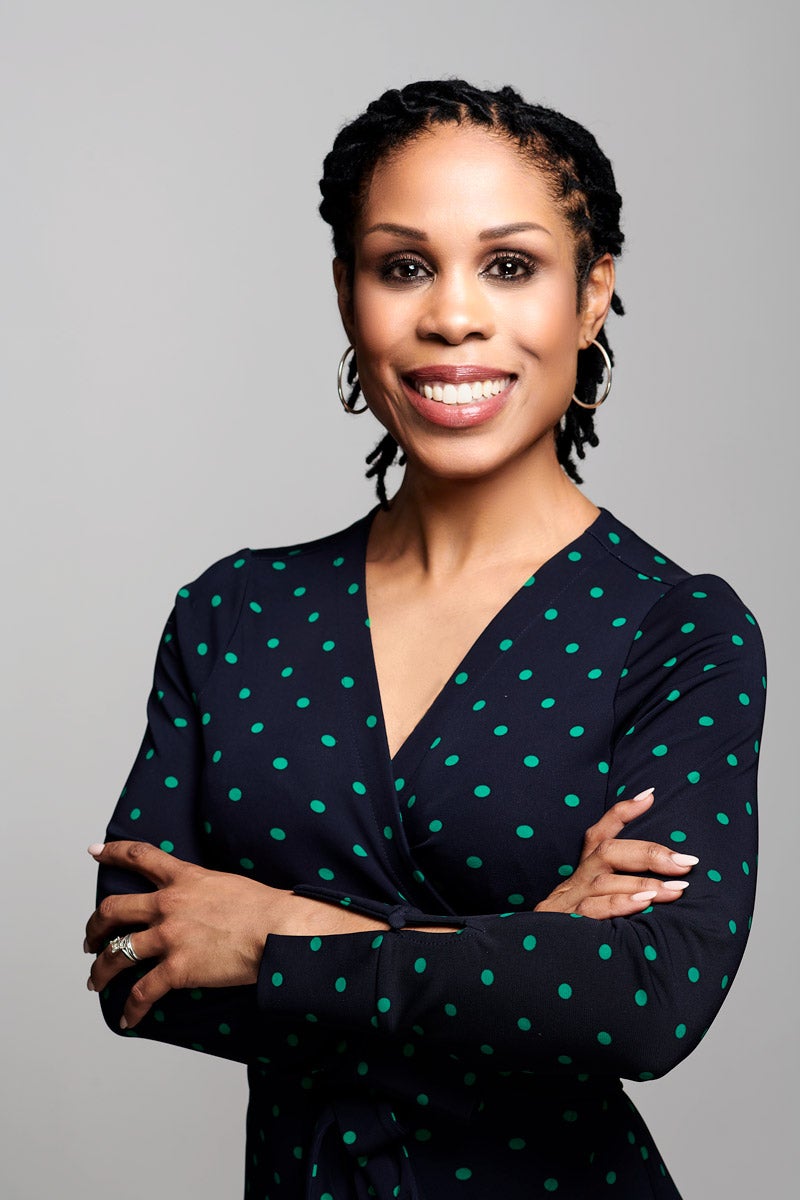
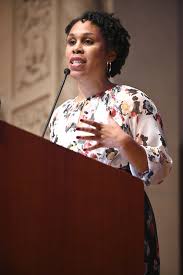
Uché Blackstock is a board-certified emergency medicine physician and the founder of Advancing Health Equity, an organization committed to partnering with health care organizations to address the critical factors that contribute to health inequities in the medical community. When she’s not fighting to save lives in the ER, she’s on Twitter answering medical questions and offering advice to the Black community on how to navigate the COVID-19 crisis.
Oni Blackstock is a primary care physician who specializes in caring for HIV patients and the assistant commissioner for the Bureaus of HIV for the New York City Department of Health—where her research is focused on highlighting the unique medical needs of women and people of color. She’s been treating HIV patients in the city for more than 14 years.
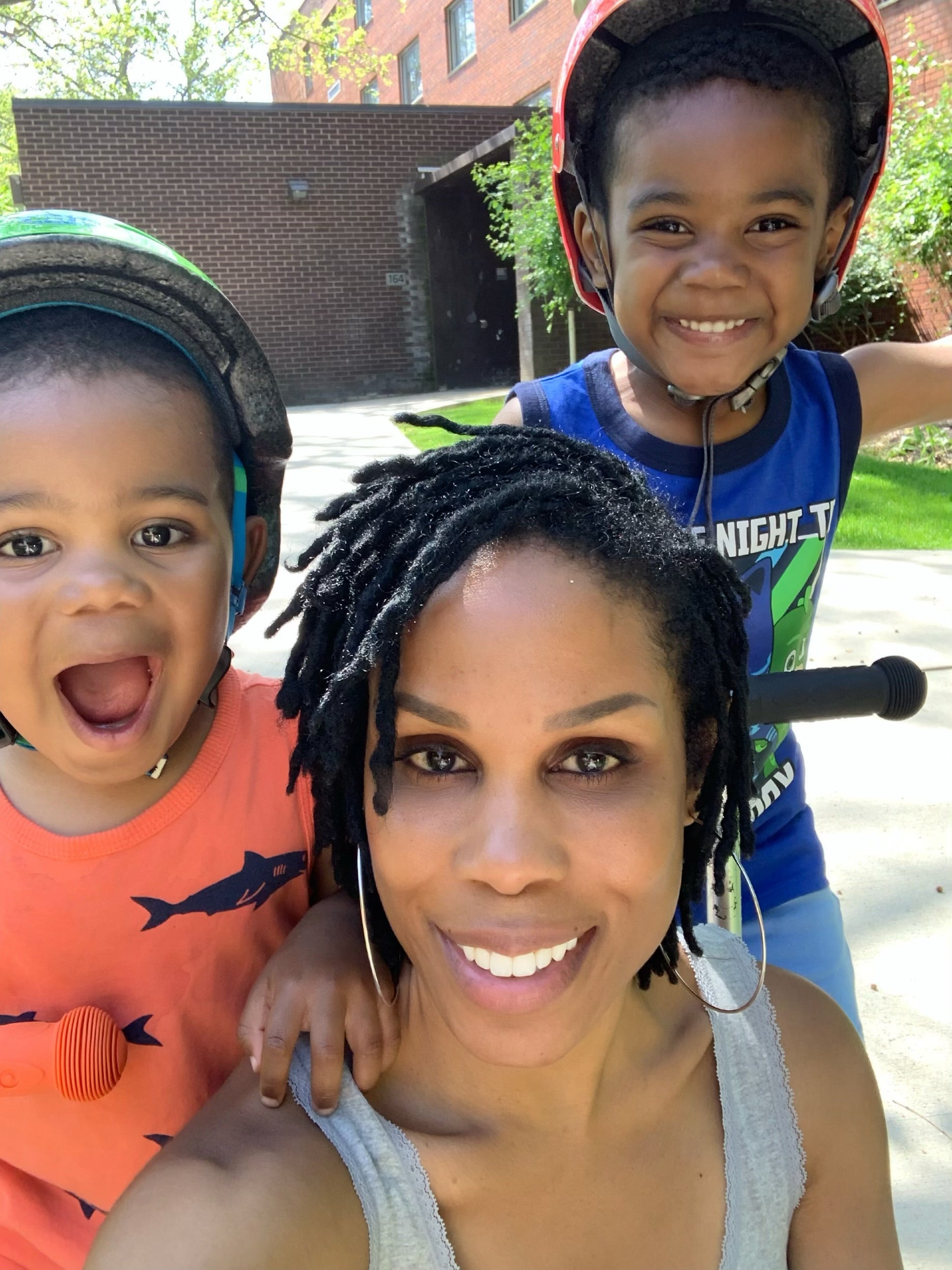

Both women attended Harvard Medical School and became doctors to be just like their shero—their late mother, Dr. Dale Blackstock, who died at age 47 of leukemia, when they were both 19, but taught them the importance of helping their community through medicine. “My mother played a huge role in my life and my career path,” explains Oni. “Our mom grew up on welfare and substantial poverty, did not have a lot of supports the way that we had. She had a really wonderful professor in college who encouraged her and a number of other minority students to apply to medical school. Then she ended up going to Harvard Medical School and becoming a nephrologist and geriatrician and spending most of her career in central Brooklyn. So, growing up, my sister and I would go visit her at work; we’d just hang out. We’d just see how much she really enjoyed what she did. I think also seeing the way in which she married medicine to community service and social justice.”
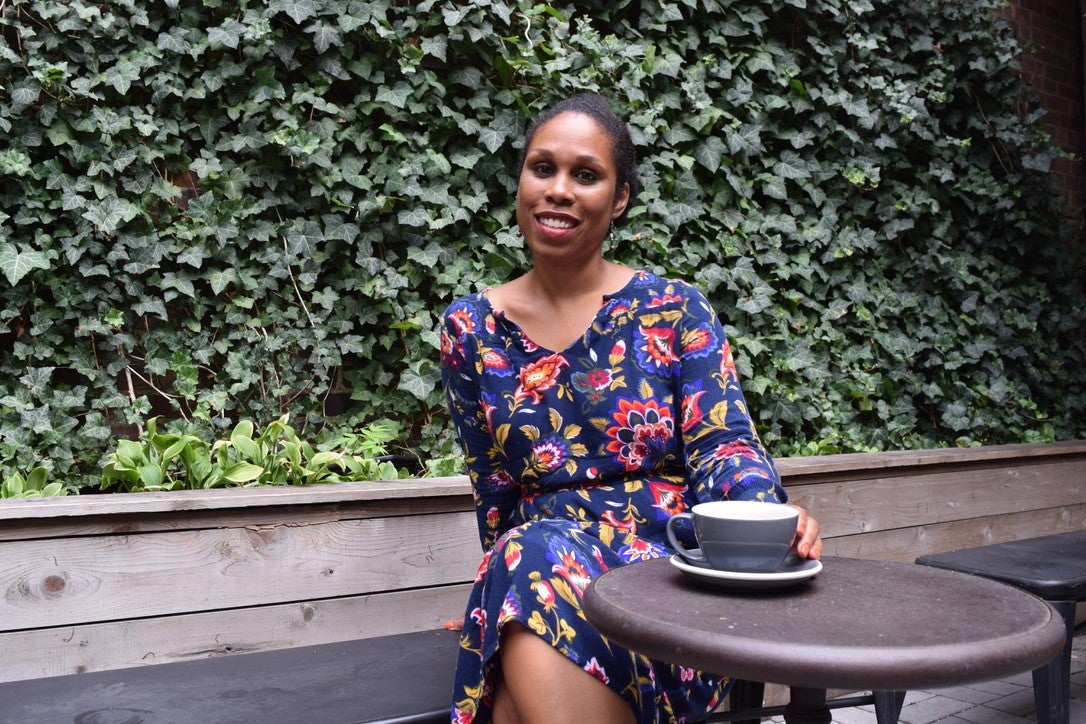
Both women choose to get up every day and fight perhaps the scariest health threat the Black community has seen thus far: COVID-19. Their undying passion to save lives and change the systematic racism that often keeps Black people from getting proper care makes them an inspiration and fierce, fearless leaders on the medical front—where we need them most right now. We’re proud to amplify their stories and their words of advice and encouragement to the masses as physicians, mothers and fighters for social justice in the health care space.
Listen to the full episode to hear the Blackstock sisters break down why Black health matters and how we can be our own best advocates during these trying times.
On Why COVID-19 Is Disproportionately Affecting The Black Community:
“A lot of different reasons, but the one word and one phrase is structural racism. We’ve had practices and policies in this country that have left our communities, Black communities, the most vulnerable. So we carry the highest chronic disease burden. We have asthma, diabetes, high blood pressure. These are all medical problems that actually predispose us to suffering the more serious complications of COVID-19. We are more likely to be essential workers. So we’re more likely to still have to work. We’re on the front lines, so to speak. Right? We’re exposed to the public, we’re exposed to opportunities to contract the virus. Then the hospitals in our areas are not necessarily always resourced well or equipped to take care of us the best way that we can. Finally, there’s provider bias. So we know that there is what we call implicit bias, which is not something that is benign or is insignificant. We know that it has been implicated in health care disparities, but we see that physicians, clinicians, routinely prefer and listen to White patients over Black patients. Right? So when you put all of those factors together, this pandemic is almost the perfect storm for our communities being absolutely devastated by this virus.” —Dr. Uché Blackstock
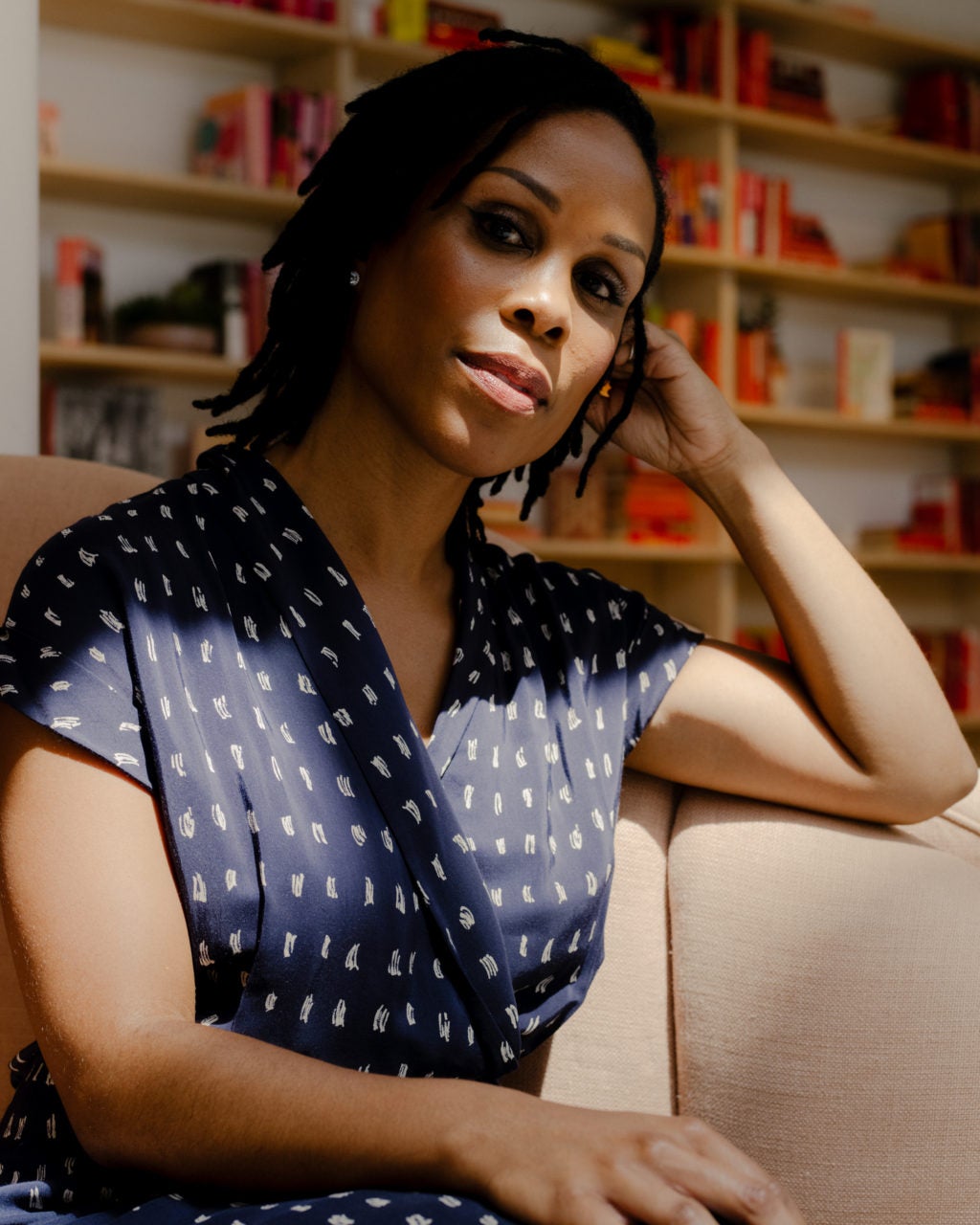
…This pandemic is almost the perfect storm for our communities…
Dr. Uché Blackstock
On How We Can Be Better Advocates For Ourselves Right Now:
“There are immense structural barriers that are preventing our communities from reaching our highest health potential. Right? So those are barriers that government officials, public health officials need to deal with. What we can do as individuals is educate ourselves as much as possible about this virus….Knowing that really it is our communities that are going to be the ones that are most harshly impacted. So while this idea of physical distancing, for some people it’s very easy, and maybe in our areas, many of us living together, we can try just to do our best. Washing our hands, wearing masks at home. I do know that a lot of community-based organizations are trying to help get the message out in terms of education and outreach to our communities and trying to go door-to-door. But I will say the burden is on government and public health officials to make sure that our communities are receiving the best outreach and care possible.” —Dr. Uché Blackstock
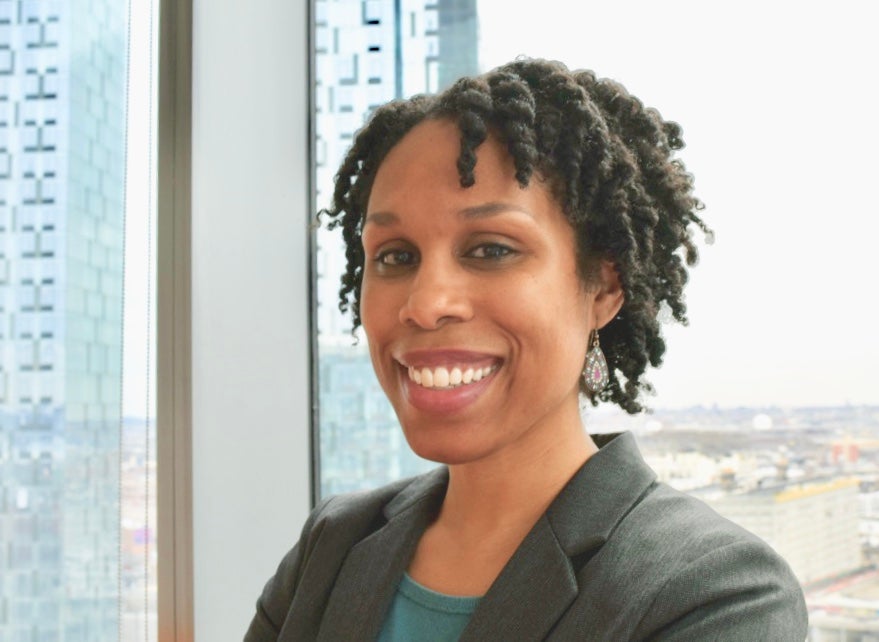
On Advice For HIV-Positive People During The COVID-19 Pandemic:
“Obviously this is a time of a lot of uncertainty and we’re learning a lot about the virus. I know among people living with HIV, you’ve got a lot of questions about whether having HIV in of itself puts people at greater risk for getting COVID-19 and having severe complications from it. So we actually don’t know yet whether HIV itself is a risk factor….Most people living with HIV are actually doing really well. As long as people are taking their medications and they have the support they need. Some folks who may be struggling might not be able to take their medications as prescribed, and so might have more weakened immune systems. So we just tell, just really for everyone if you have a home, a safe home, and warm home, and clean home to stay in, stay there, shelter in place. Really only go out for essential items even for telehealth…Also making sure that you have an adequate supply of medication. Here in New York State, our Medicaid and AIDS Drug Assistance program has allowed people to get, like, 60 to 90 days of medication, which is really great, so people don’t have to go out every month to get their medication. Or, see if the pharmacy has home delivery so that you don’t have to go outside. But we’re hoping to get more information about the intersection of COVID-19 and HIV so that we can keep folks who live with HIV and the people who take care of them as informed as possible.”— Dr. Oni Blackstock
Listen to Yes, Girl! podcast for more intimate conversations with Black moms on the front lines of this global pandemic.
